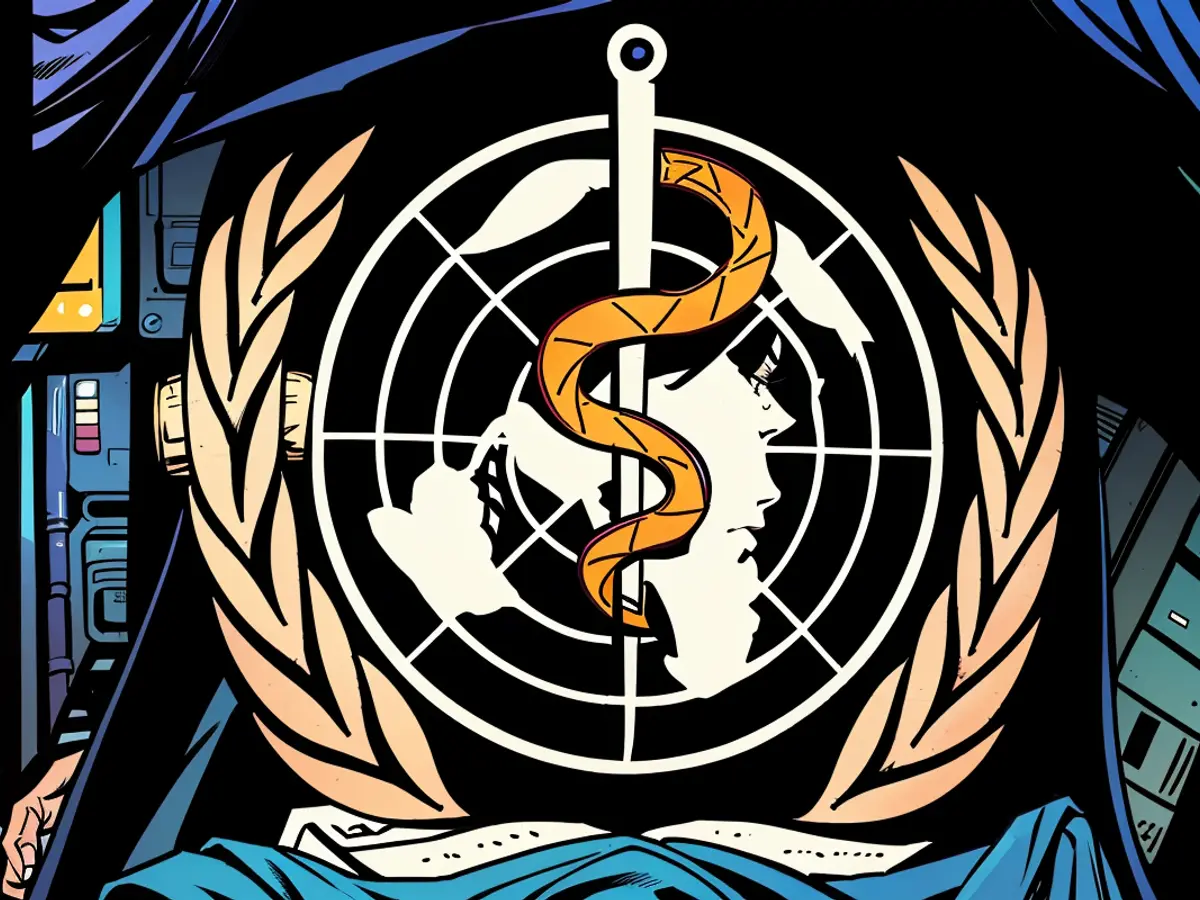Who supports the production of mRNA vaccines against Bird Flu in poorer countries
The Avian Flu virus was first identified in 1996. Since 2020, it has been spreading exponentially and is increasingly affecting mammals, including livestock such as dairy cattle. The United Nations (UN) are currently concerned about an increase in Avian Flu cases in humans and the emergence of a new virus variant. The Food and Agriculture Organization of the UN (FAO) warned last week that the spread of Avian Flu in the Asia-Pacific region is "alarming".
Sinergium, according to the World Health Organization (WHO), has already begun developing several mRNA vaccine candidates based on mRNA technology for Avian Flu and is now creating a feasibility study. Afterward, clinical studies for the development of Avian Flu vaccines can begin to prepare for a potential pandemic.
This project is taking place within the framework of the mRNA Technology Transfer Program, which was launched by the WHO and the United Nations-backed organization Medicines Patent Pool (MPP). The program, which involves 15 countries such as Ukraine, South Africa, and Vietnam, was initiated in the Corona year 2021 to give countries with weak or medium economic power access to mRNA vaccines for pandemic control.
With mRNA vaccines, no disease-carrying agents or their components are required, unlike traditional vaccines. Instead, certain cells are given the vaccine, which contains only a few parts of the Virus's RNA as mRNA. These antigens activate the immune system, resulting in a protective immune response.
The new initiative for mRNA vaccines against Avian Flu shows "the reason why the WHO started the mRNA Technology Transfer Program," explained WHO Chief Tedros Adhanom Ghebreyesus. By supporting vaccine research, development, and production in poorer countries, the world will be "better prepared for the next pandemic" and "give a more effective and fairer response."
The advantage of Avian Flu, according to the WHO, is that there are already some licensed classical Flu vaccines available, which only need to be adapted to Avian Flu. The leader of the WHO Vaccine Research Group, Martin Friede, sees mRNA vaccines as particularly suitable for sustainable improvement of health care.
Friede explained that the supported production of Flu vaccines in developing countries through other methods is often stopped as soon as the government no longer buys the corresponding vaccine. However, a factory for producing an mRNA vaccine against Avian Flu is not fixed on this virus but can produce "numerous other vaccines and therapeutic agents in principle."
- The World Health Organization (WHO) and the United Nations-backed organization Medicines Patent Pool (MPP) launched the mRNA Technology Transfer Program in 2021, involving 15 countries like Ukraine, South Africa, and Vietnam, to provide mRNA vaccines to countries with weaker economies for pandemic control.
- The World Health Organization (WHO) and Sinergium are collaborating to develop mRNA vaccine candidates for the Avian Flu virus, after which clinical studies can commence to prepare for a potential pandemic.
- The UN is concerned about the increasing Avian Flu cases in humans and the emergence of a new virus variant, especially in the Asia-Pacific region, where the spread is being deemed "alarming" by the Food and Agriculture Organization (FAO) of the UN.
- Unlike traditional vaccines, mRNA vaccines for the Avian Flu virus, such as the ones being developed by Sinergium, do not require disease-carrying agents or their components but rather activate the immune system using only a few parts of the virus's RNA as mRNA.
- Avian Flu, while posing a threat, has the advantage of having some licensed classical Flu vaccines already available, which can be adapted to combat the Avian Flu virus, according to the World Health Organization (WHO).
- The United Nations (UN) and the World Health Organization (WHO) believe that the production of mRNA vaccines for diseases like Avian Flu in developing countries through the mRNA Technology Transfer Program will make the world better prepared for future pandemics, providing a more effective and fairer response.







